Home>Gardening & Outdoor>Landscaping Ideas>What Does Freshly Cut Grass Smell Like
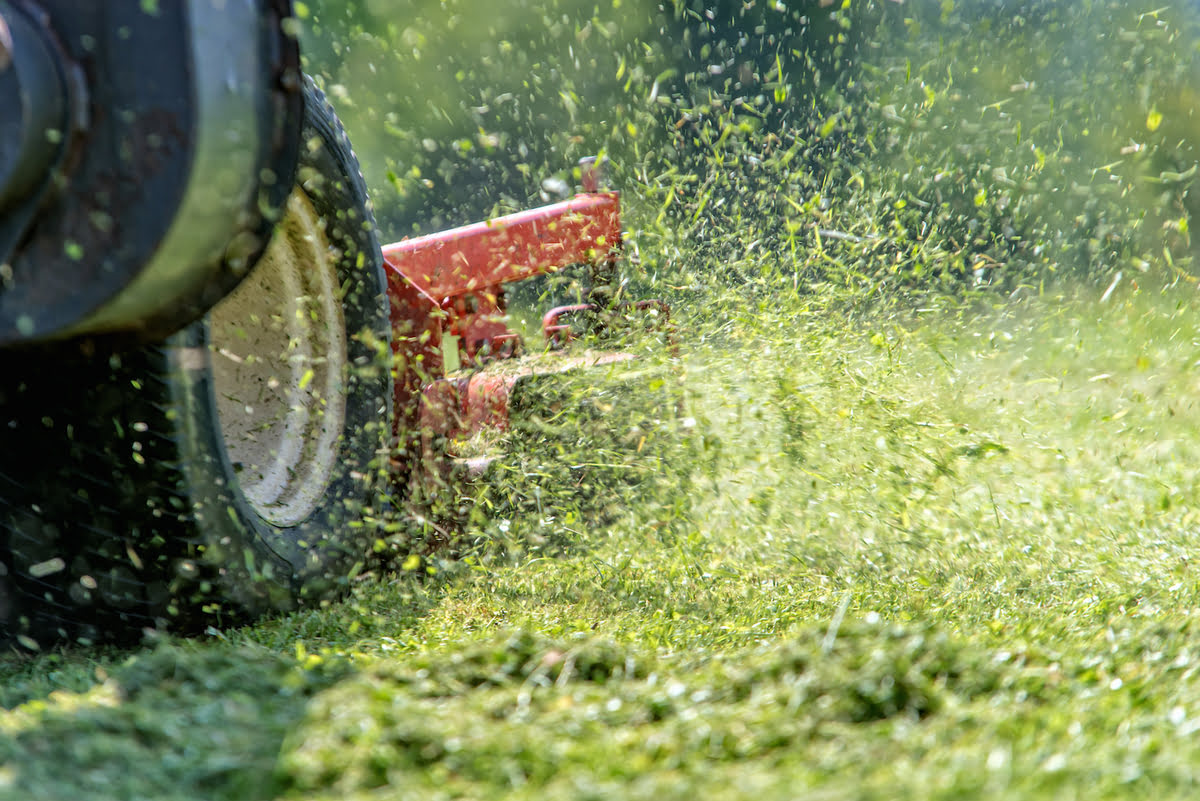

Landscaping Ideas
What Does Freshly Cut Grass Smell Like
Modified: August 17, 2024
Discover the refreshing scent of freshly cut grass and explore landscaping ideas to enhance your outdoor space. Learn about the invigorating aroma and get inspired for your next landscaping project.
(Many of the links in this article redirect to a specific reviewed product. Your purchase of these products through affiliate links helps to generate commission for Storables.com, at no extra cost. Learn more)
**
Introduction
**
For many people, the smell of freshly cut grass evokes a sense of nostalgia and a connection to the outdoors. It’s a scent that can transport you to lazy summer days, picnics in the park, or the simple pleasure of tending to a well-manicured lawn. But have you ever wondered what gives freshly cut grass its distinctive aroma? In this article, we’ll delve into the science behind this beloved scent, exploring the factors that contribute to it and the chemistry that makes it possible. Additionally, we’ll uncover why this fragrance is so universally appealing and why it holds a special place in the hearts of many. So, take a deep breath and join us on a journey to unravel the secrets of the captivating scent of freshly cut grass.
**
Key Takeaways:
- The smell of freshly cut grass comes from a chemical reaction when the grass is mowed, releasing compounds that create the familiar aroma we love. It’s like nature’s own perfume!
- The scent of freshly cut grass triggers happy memories and feelings of satisfaction, connecting us to the outdoors and the promise of warmer seasons. It’s a delightful reminder of nature’s beauty.
Read more: Why Do Wasps Like Fresh Cut Grass
The Science Behind the Smell
**
The unmistakable scent of freshly cut grass is not just a pleasant olfactory experience; it’s also a fascinating display of nature’s chemistry at work. The process that produces this alluring fragrance begins with the mechanical action of mowing. When grass is cut, it undergoes a form of stress, triggering a survival response that sets off a chain of chemical reactions.
One of the key players in this process is a group of organic compounds known as green leaf volatiles (GLVs). These compounds, which include aldehydes, alcohols, and esters, are responsible for the release of the characteristic “green” aroma associated with freshly cut grass. When the grass blades are cut, the plant cells rupture, releasing these volatile compounds into the air.
Furthermore, the act of mowing also increases the surface area of the grass, allowing more of these compounds to escape into the surrounding environment. This is why the scent is most potent immediately after mowing, as the freshly exposed surfaces release a burst of aroma.
It’s important to note that the scent is not just a byproduct of grass being cut; it serves a purpose in nature as well. Some researchers believe that the release of these volatile compounds may act as a chemical signal to neighboring plants, warning them of potential threats such as herbivores or environmental stress. In this way, the scent of freshly cut grass is not only a delight to our senses but also a form of chemical communication in the plant world.
**
Factors Affecting the Smell
**
Several factors influence the intensity and character of the scent produced when grass is freshly cut. One of the primary factors is the type of grass being mowed. Different species of grass contain varying concentrations of volatile compounds, leading to distinct aromas. For example, the scent of freshly cut Bermuda grass may differ from that of Kentucky bluegrass, offering a diverse olfactory experience depending on the type of lawn being tended.
Another significant factor is the time of day at which the grass is mowed. The aroma of freshly cut grass is most pronounced during the morning, as the cooler temperatures help to preserve the volatile compounds, allowing them to linger in the air. In contrast, mowing during the heat of the day can result in a more rapid dispersion of the scent, diminishing its potency.
The moisture content of the grass also plays a role in the release of its fragrance. Damp grass can produce a more intense and longer-lasting scent compared to dry grass. This is due to the presence of water facilitating the release of volatile compounds and aiding in their dispersion.
Furthermore, the frequency of mowing can impact the olfactory experience. Regular mowing may lead to a more consistent and familiar scent, while allowing the grass to grow longer before cutting can result in a more potent release of volatile compounds, creating a stronger and perhaps more complex aroma.
Lastly, environmental factors such as temperature, humidity, and air movement can influence the dispersal and perception of the scent. Warmer temperatures can enhance the volatility of the compounds, while a gentle breeze can carry the fragrance over a wider area, enriching the sensory experience for those nearby.
By considering these factors, it becomes evident that the scent of freshly cut grass is a dynamic and multifaceted phenomenon, influenced by a combination of botanical, environmental, and temporal variables.
**
The smell of freshly cut grass is caused by a compound called green leaf volatiles, which are released when the grass is cut. These compounds give off a pleasant, earthy, and slightly sweet aroma.
The Chemistry of Freshly Cut Grass
**
Delving into the chemistry behind the captivating scent of freshly cut grass unveils a complex interplay of organic compounds that contribute to its distinctive aroma. As the lawnmower’s blades shear through the grass blades, a cascade of chemical reactions is set into motion, leading to the release of volatile compounds that tantalize our senses.
One of the primary groups of compounds responsible for the characteristic scent of freshly cut grass is green leaf volatiles (GLVs). These compounds, including aldehydes, alcohols, and esters, are synthesized by the plant as a response to stress, such as mechanical damage from mowing. When the grass is cut, the plant cells are ruptured, allowing these volatile compounds to escape into the surrounding air.
Among the most prominent green leaf volatiles is cis-3-hexenal, an aldehyde that imparts the fresh, green aroma associated with newly mown grass. This compound is also found in other green plants and is responsible for the scent of crushed leaves. Additionally, other aldehydes, such as trans-2-hexenal and cis-3-hexen-1-ol, contribute to the overall bouquet of the grassy fragrance.
Furthermore, the presence of esters adds depth and complexity to the scent. These compounds, formed from the reaction between acids and alcohols, contribute fruity and floral notes to the overall olfactory profile of freshly cut grass. For instance, hexyl acetate, an ester with a sweet, fruity aroma, is one of the compounds responsible for the delightful fragrance that accompanies the act of mowing the lawn.
The chemistry of freshly cut grass also involves the interaction of these volatile compounds with the surrounding environment. Factors such as temperature, humidity, and air movement influence the dispersion and perception of the scent, adding an additional layer of complexity to the overall sensory experience.
By unraveling the chemistry behind the scent of freshly cut grass, we gain a deeper appreciation for the intricate processes that give rise to this beloved fragrance. It’s a testament to the wondrous symphony of nature’s chemistry and the sensory delights it bestows upon us.
**
Why Do People Like the Smell?
**
The allure of the scent of freshly cut grass extends beyond its pleasant aroma; it is deeply rooted in human psychology and our connection to the natural world. There are several compelling reasons why people are drawn to this distinctive fragrance, transcending mere olfactory delight.
One of the primary factors contributing to the appeal of the scent is its association with positive outdoor experiences. For many individuals, the smell of freshly cut grass evokes memories of leisurely summer days, outdoor gatherings, and recreational activities. This olfactory link to pleasant past experiences can evoke feelings of nostalgia and happiness, creating a positive emotional response to the scent.
Moreover, the scent of freshly cut grass is often linked to the act of lawn care and maintenance. For those who take pride in tending to their lawns, the aroma of freshly mown grass serves as a reward for their efforts, creating a sense of satisfaction and accomplishment. This association with a well-groomed and manicured outdoor space adds to the overall appeal of the scent.
From a biological perspective, the attraction to the scent of freshly cut grass may also be rooted in evolutionary factors. Some researchers suggest that humans have an innate affinity for natural, green environments, stemming from our evolutionary history as hunter-gatherers. The scent of freshly cut grass may trigger a primal response linked to the availability of resources and the promise of fertile, abundant landscapes.
Additionally, the fragrance of freshly cut grass is often associated with the onset of warmer seasons and the arrival of spring and summer. This connection to the changing of seasons and the rejuvenation of nature can evoke feelings of optimism, renewal, and vitality, further enhancing the appeal of the scent.
Furthermore, the chemical composition of the scent itself may contribute to its likability. The presence of green leaf volatiles, with their fresh, green, and slightly sweet notes, creates a pleasant and familiar fragrance that resonates with many individuals.
Ultimately, the appeal of the scent of freshly cut grass is a rich tapestry woven from sensory experiences, emotional connections, biological predispositions, and the promise of seasonal renewal. It’s a fragrance that transcends its chemical composition, captivating our senses and stirring our deepest emotions.
**
Read more: What Does Insulation Smell Like
Conclusion
**
The scent of freshly cut grass is more than just a pleasant fragrance; it’s a sensory experience that embodies the beauty of nature and the richness of human connections. As we’ve explored the science behind this beloved aroma, we’ve uncovered the intricate processes and chemical reactions that give rise to its distinctive scent. From the release of green leaf volatiles to the influence of environmental factors, the fragrance of freshly cut grass is a testament to the complexity and wonder of the natural world.
Moreover, the appeal of this scent goes beyond its chemical composition, resonating with our emotions, memories, and primal instincts. It serves as a link to cherished outdoor experiences, the satisfaction of maintaining a well-groomed lawn, and the promise of seasonal renewal. The scent of freshly cut grass is a symphony of sensory delight, evoking feelings of nostalgia, vitality, and the timeless allure of the great outdoors.
So, the next time you catch a whiff of that familiar aroma, take a moment to savor it. Let it transport you to sun-dappled afternoons, carefree laughter, and the simple joys of life. The scent of freshly cut grass is more than just a fragrance; it’s a celebration of nature’s beauty and our enduring connection to it.
Frequently Asked Questions about What Does Freshly Cut Grass Smell Like
Was this page helpful?
At Storables.com, we guarantee accurate and reliable information. Our content, validated by Expert Board Contributors, is crafted following stringent Editorial Policies. We're committed to providing you with well-researched, expert-backed insights for all your informational needs.
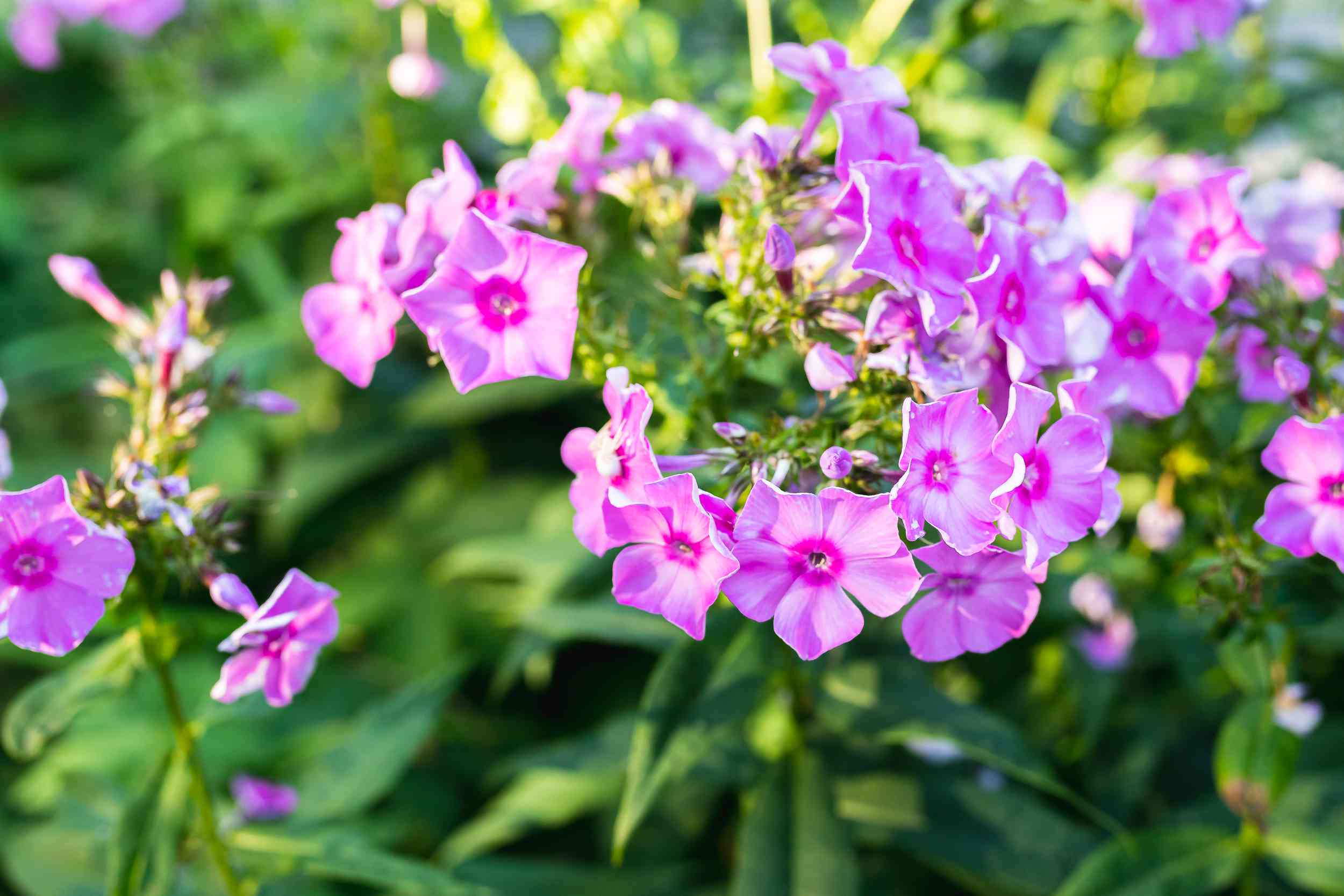
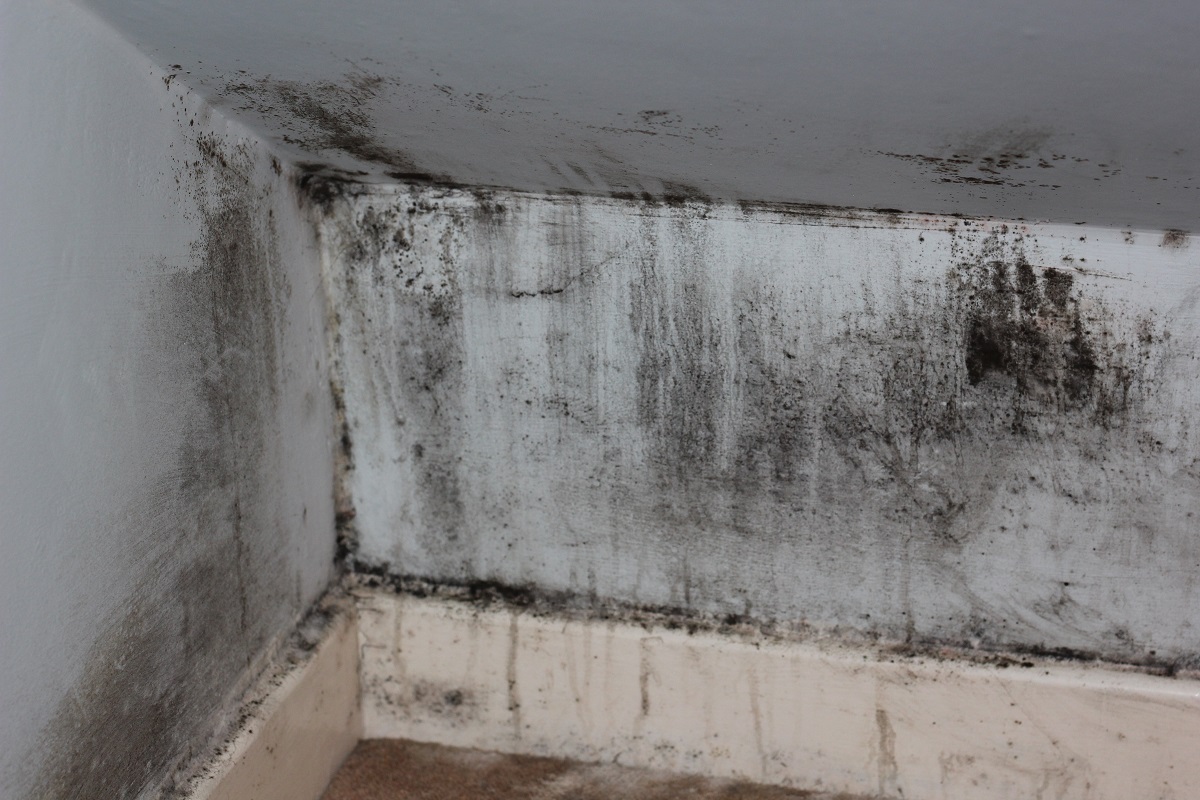

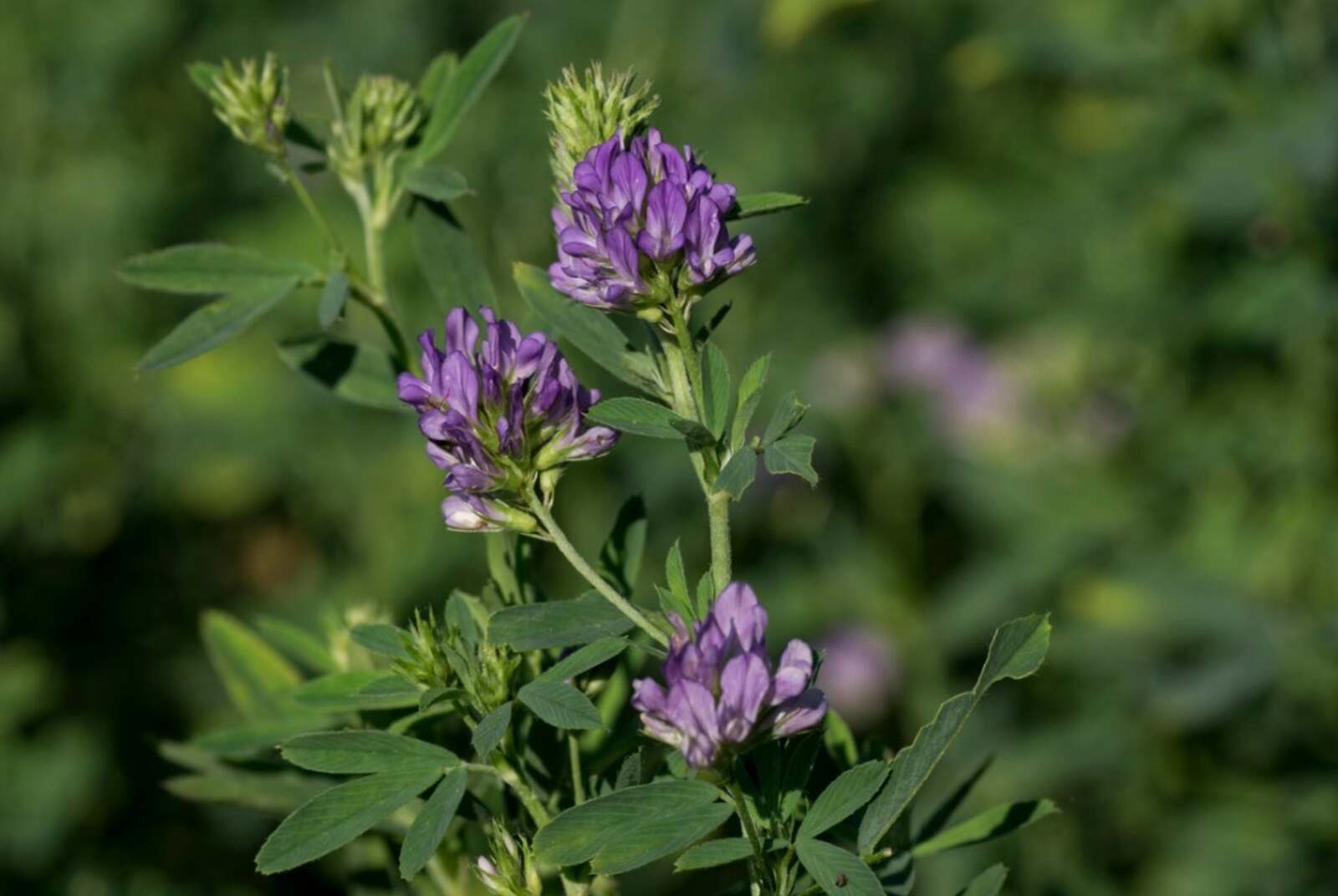
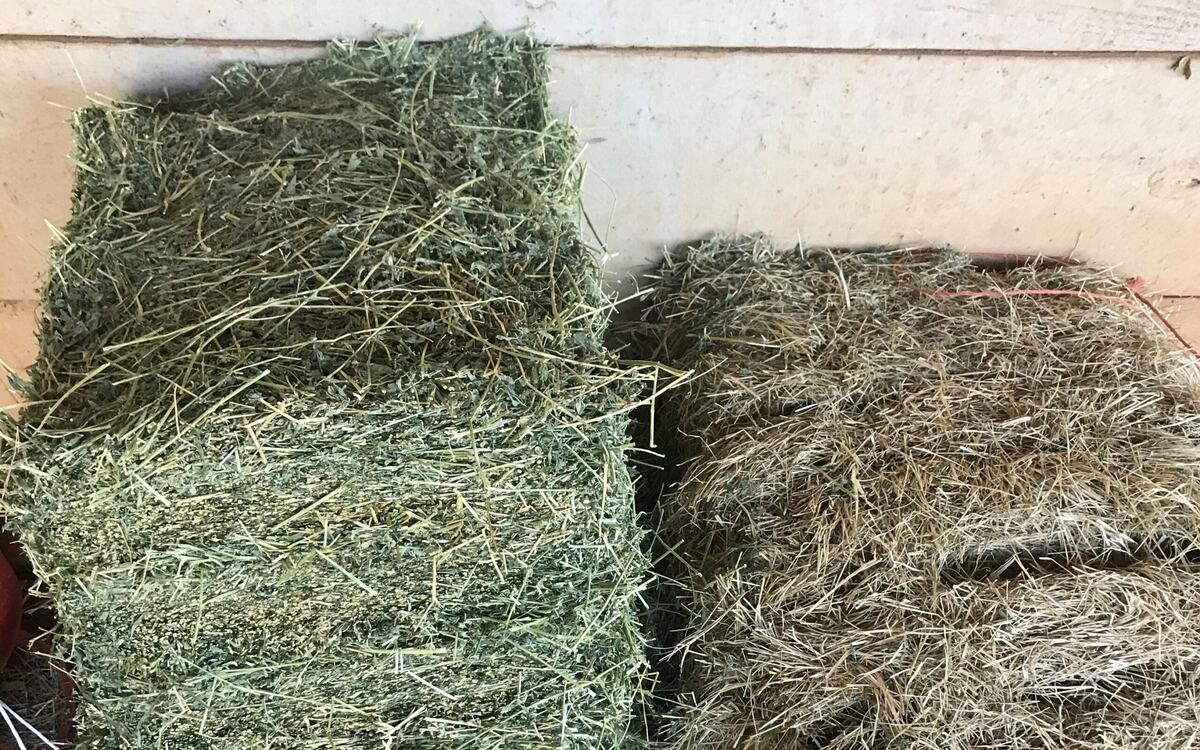
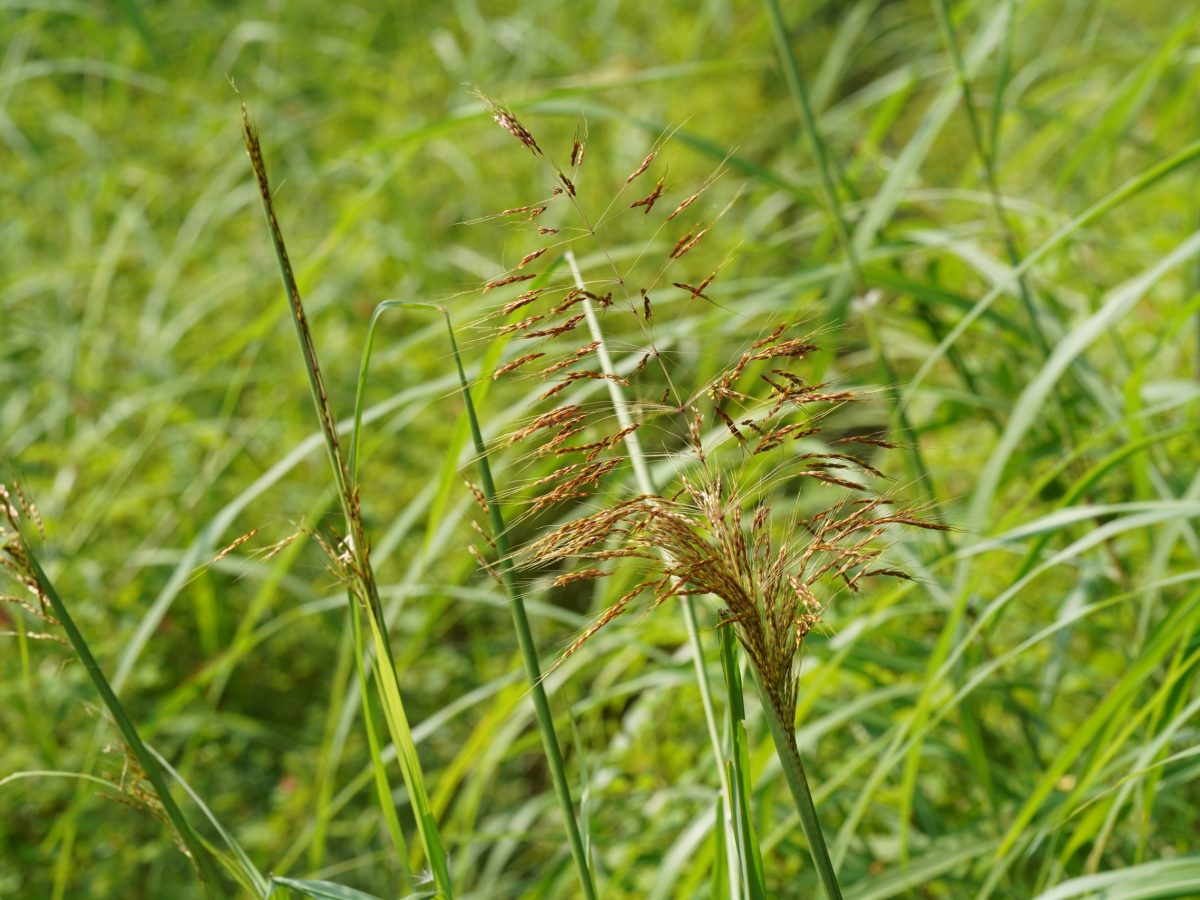
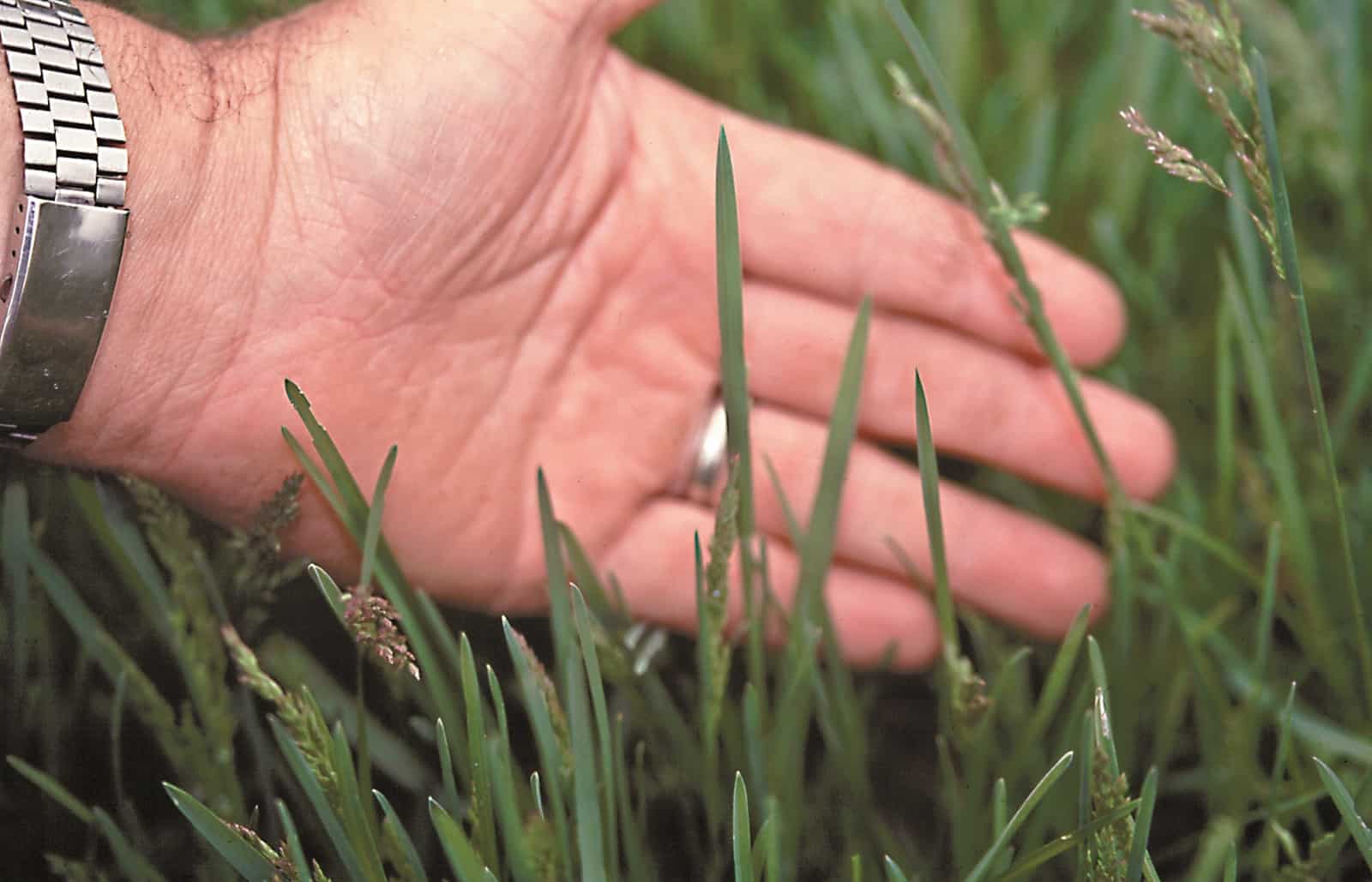
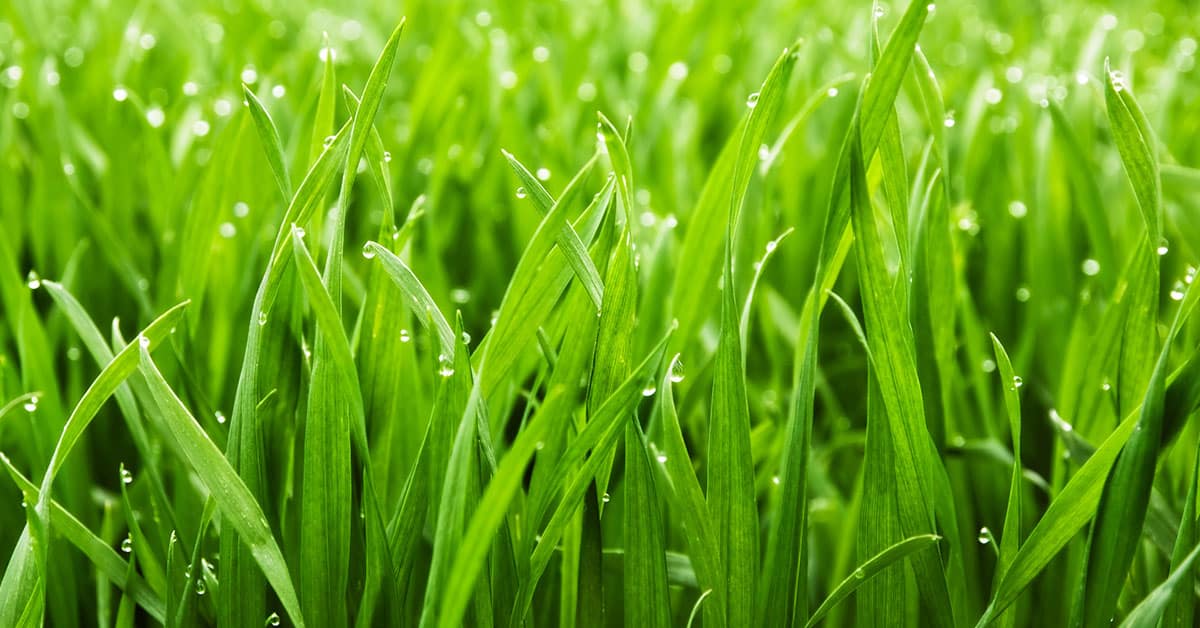
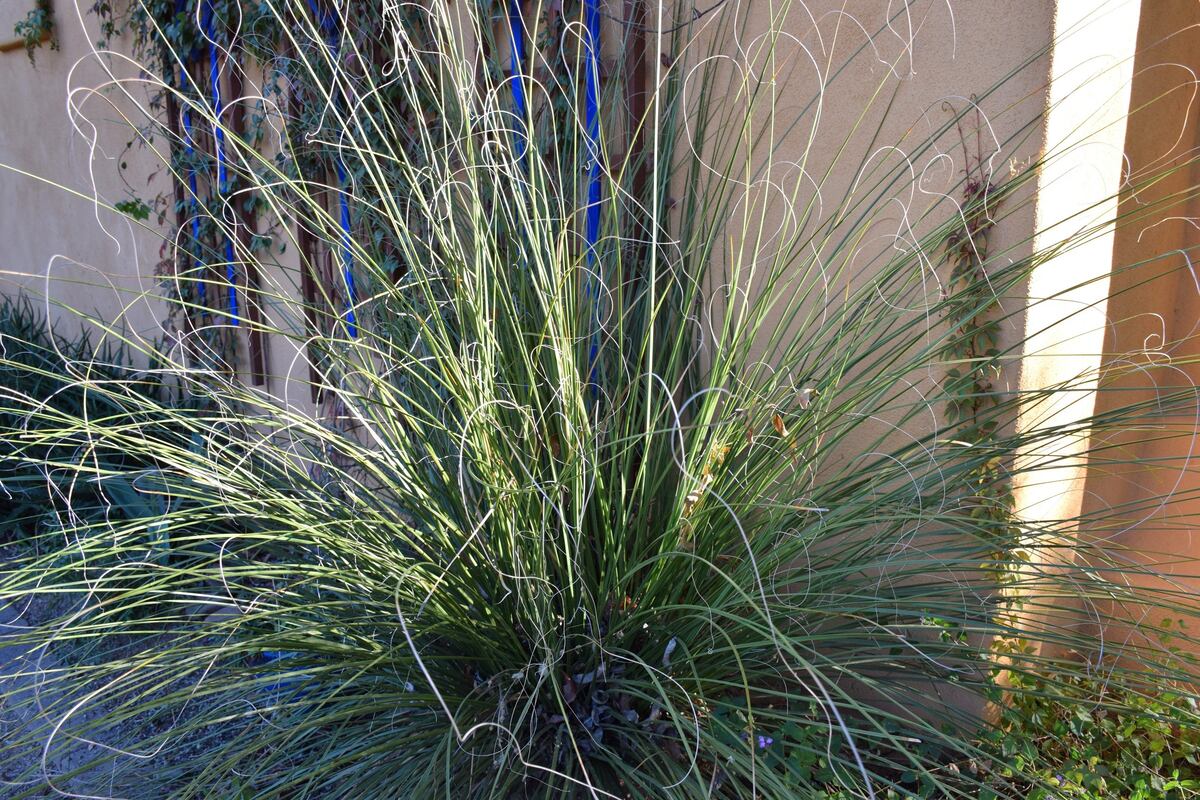
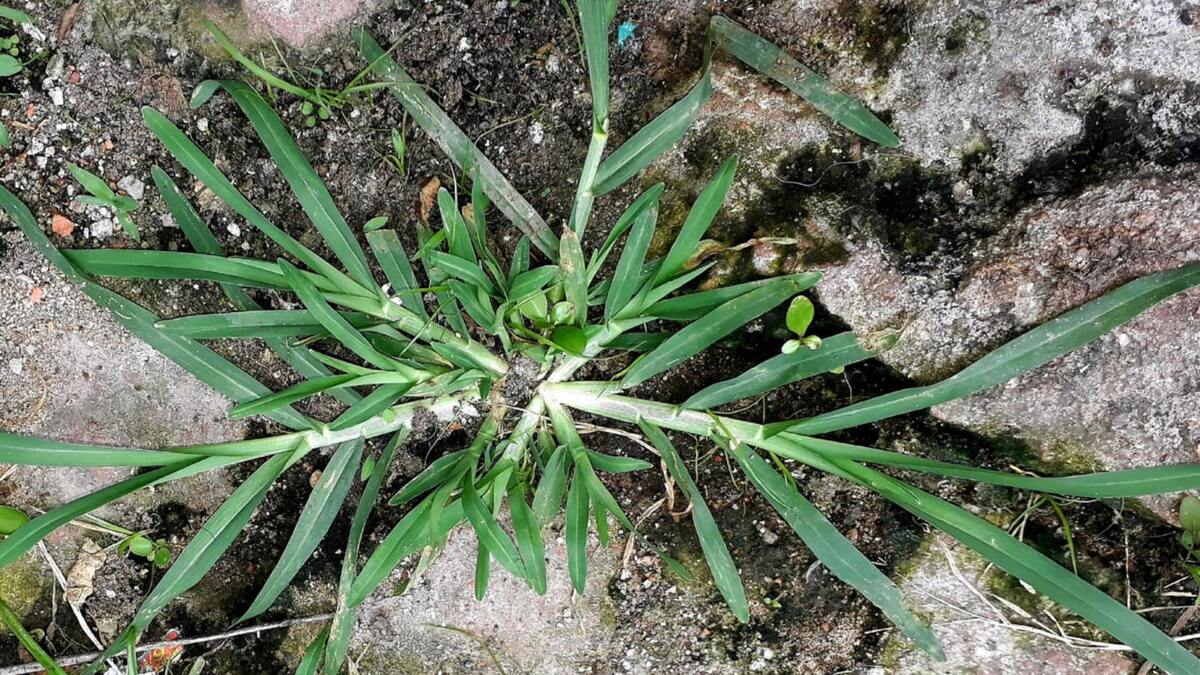
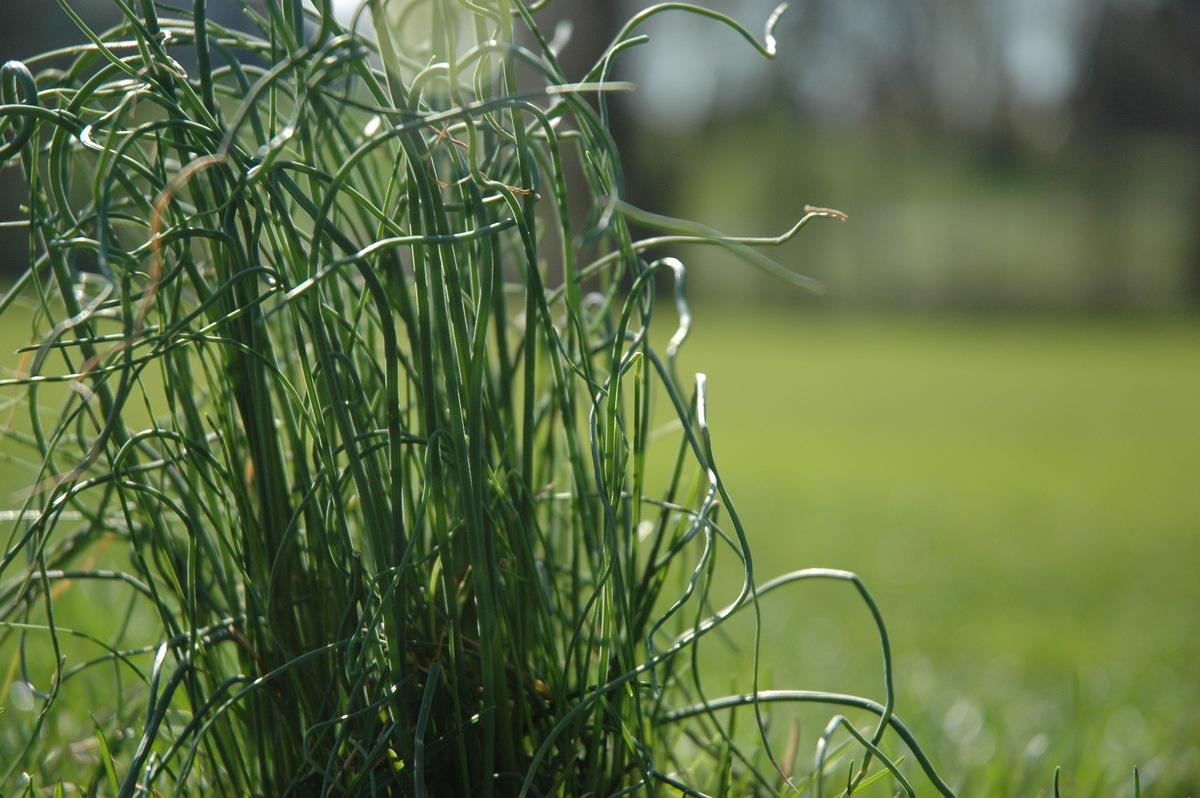


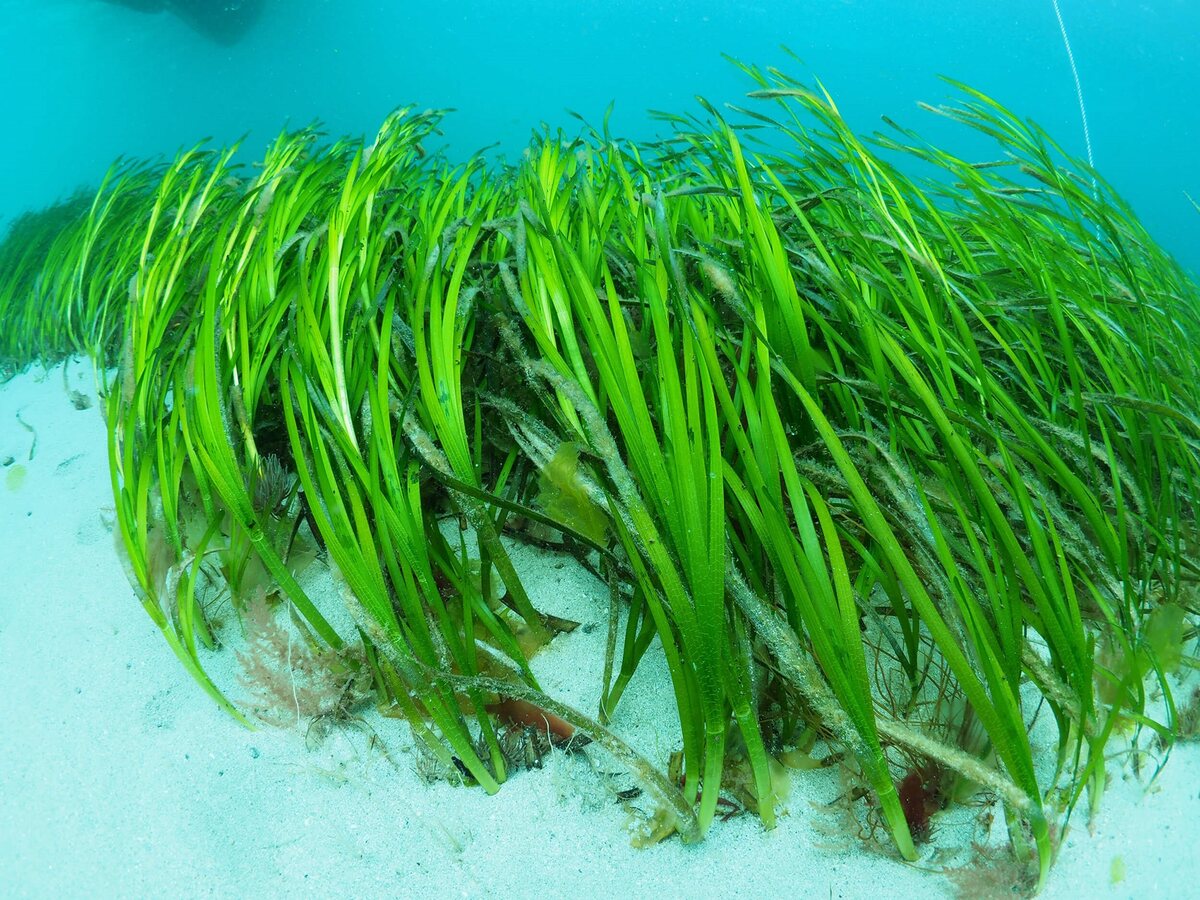

0 thoughts on “What Does Freshly Cut Grass Smell Like”